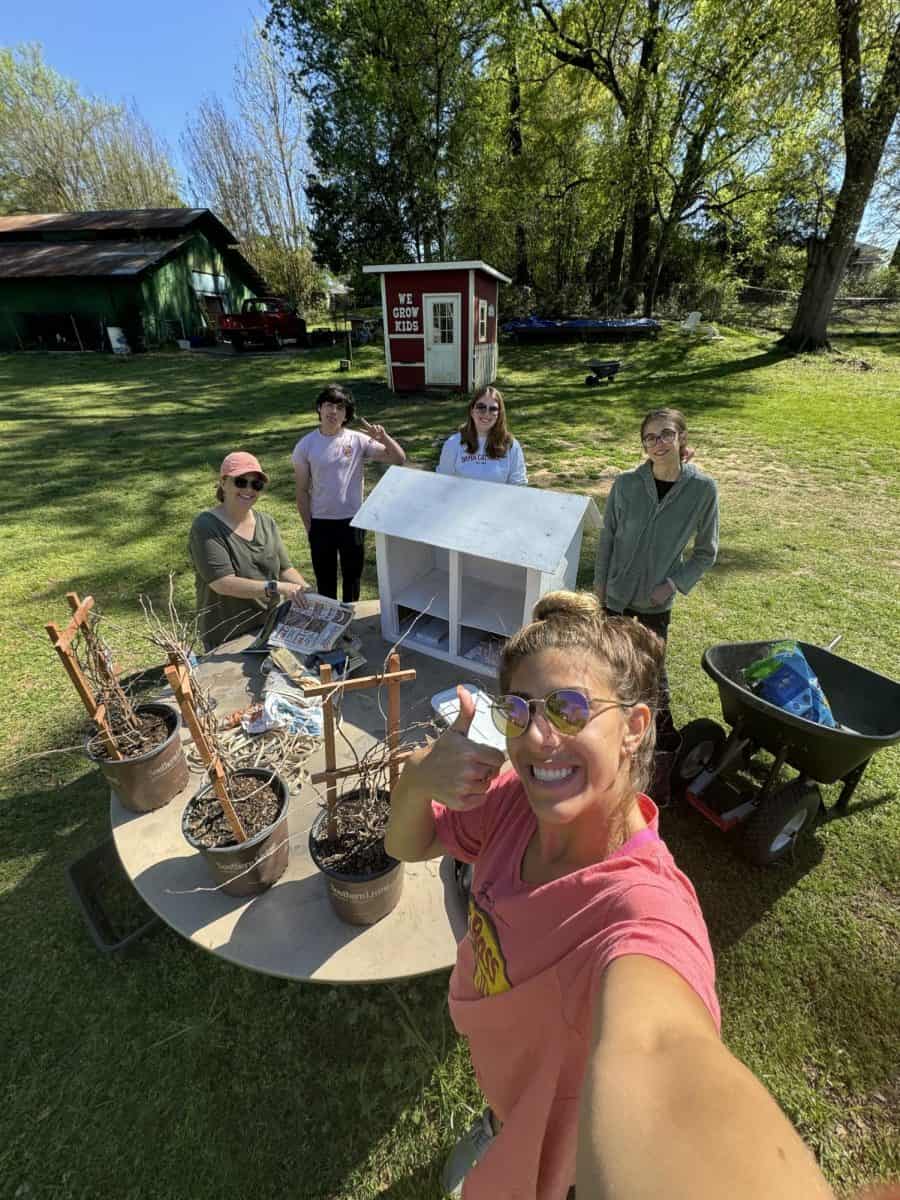The primary concern for the majority of college students in the United States is no longer social or academic, according to Time.com. In a July 2012 article, Time writer Dan Kadlec said students were “more stressed than ever,” and money is the reason why.
Last May, CNN reported the class of 2013 is facing an average of $35,200 in college-related debt, according to a Fidelity survey of 750 college graduates.
“We’re tending to find people are still surprised at the level of debt they’re graduating with, which suggests we still have a long way to go in terms of having conversations about planning for college, saving for college and figuring out the best place to go [to college],” Keith Bernhardt, vice president of college planning at Fidelity Investments, told CNN.
Not only are students in debt, but they may be unaware of how much they will be earning when they graduate.
Susan Adams reported in a May 2013 Forbes article that a poll by consulting firm Accenture shows drastic gaps between graduating seniors’ expectations of the work world and the reality of recent graduates already in the workplace.
“Just 15 percent of [2013’s] graduating seniors expect to earn less than $25,000 a year,” according to the poll. “But a third of recent grads report that they are making that amount or less.”
To bridge the expectation gap and to help students cope with unexpected high debt, John Nauss, a financial consultant at TIAA-CREF, suggests students begin financially preparing for the future where they are now in school.
“At TIAA-CREF, we recognize how important it is for financial education to start early and continue throughout school years,” Nauss said. “As a company, we want to make sure that our future workforce is capable of competing in an ever-increasingly competitive global marketplace.”
Nauss suggested one of the best ways to prepare for life after college is to create a budget. Caroline Fulmer, assistant professor in the College of Human Environmental Sciences, said she believed creating a budget and living within it now in college can be a valuable habit that will carry over after graduation.
The three biggest areas that students do not manage well after college are temptation of credit, payments on student loans and saving money, Fulmer said. Budgeting is one of the best ways to combat those areas.
“Most people have to live two to three months tracking their spending to formulate a good budget,” Fulmer said. “This is a great way to spend your last semester in school. If you do, you will have a better idea of how to budget when you take a job.”
February is actually one of the best months to begin budgeting, said Fulmer. It is only 28 days and exactly four weeks. Fulmer also said she recommends budgeting week-to-week to practice budgeting.
Often, she tells students to budget income from all sources, such as income from a part-time job, student loans, parents, etc. Then budget outflows and categorize them as fixed or variable.
Fixed outflows would be controlled at the beginning of the month, for example, rent. Variable outflows would be adjusted to meet the budget once the fixed have been set. They would be gas, food and entertainment.
Fulmer also recommends budgeting a small amount per week for little things that may only cost $1 or $2. For example, coffee or something you may not want to have to calculate whether or not it will fit in the budget. She budgets about $10 per week for small, regular expenses like those.
“You should be able to track to the penny where all your money goes,” Fulmer said.
Another problem for students is getting their savings account started, and making payments to it regularly. Logan Watson, an Alabama alumnus, said he has heard several of his peers say, “What’s the point in saving if you never get to enjoy it?”
Watson worked for Regions Bank in Tuscaloosa as a financial services specialist after graduating in December 2011. He worked there until deciding to move to Colorado, where he currently lives.
Dave Ramsey, a financial author and adviser, suggests putting $1,000 into savings before beginning to pay off loans or other debt, and Watson said he likes his model.
“It’s important to have a rainy day fund,” Watson said. “You never know when your car may break down or something like that.”
Not only can there be unexpected surprises, but monthly expenses may be more than what some students expect.
“What they don’t think about it is starting up a household is very different from living in an apartment with their friends and only worrying about rent, food and gas,” Fulmur said.
Watson said car insurance and cellphone bills also can be more than what a new graduate would expect. When the graduate is no longer part of a family plan, bills will go up. Watson’s is more than $100 a month for both. If a person is living alone, then the rent for an apartment or house will be much higher, and health insurance can be costly as well.
One thing Watson said he would suggest to clients when he worked at Regions was to get a credit card with cash back rewards. Cards like Chase and Discover that offer cash back allow a person to begin building credit but also to make some money in return.
“I suggest putting your normal expenses on it, pay it off in full every month, and you will save $5 here and $10 there,” Watson said. “I think it’s a strong piece of advice. Just don’t go wild with it. Use it wisely.”
Fulmur cautioned students with credit cards, though.
“I recommend using only up to half the amount,” she said. “Running it up to the top of the limit is not good for your credit score even when you are paying it off every month. Even if your credit card limit is only $500 and you pay it off at the end of the month, creditors will wonder, ‘What if the limit was $1,000? Would he or she spend up to the limit on that?’”
College graduation is one of the most long-awaited days as well as one of the most dreaded. It brings real independence, but also a lot of real-world stress. The habits that are formed in college can carry over into life after graduation.
“Frugality in little habits now can end up saving you lots of money later,” Watson said. “Those patterns can end up saving you lots. Even if you feel like it’s only $5 or $10 here and there, those patterns of saving will overflow into other areas too.”






